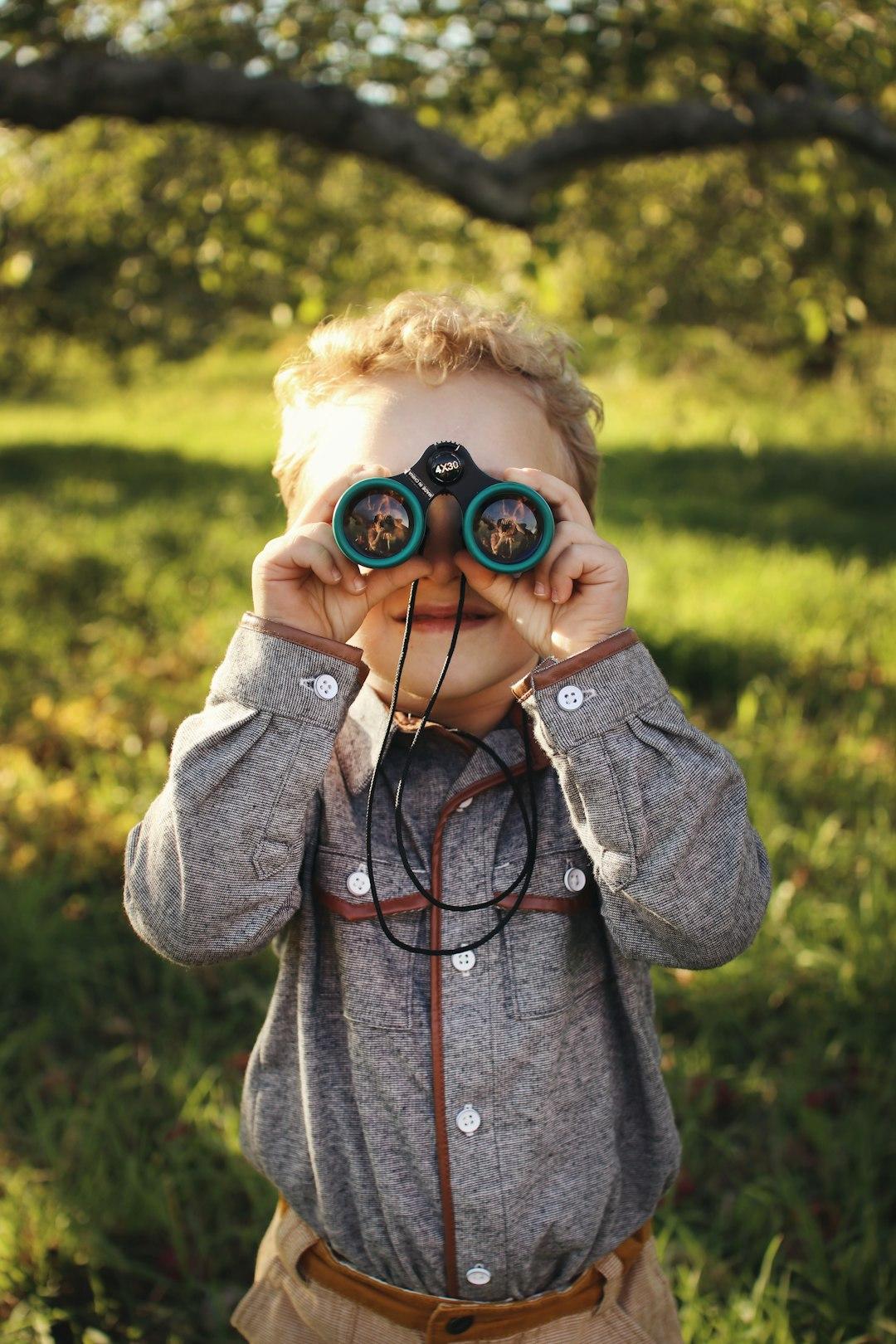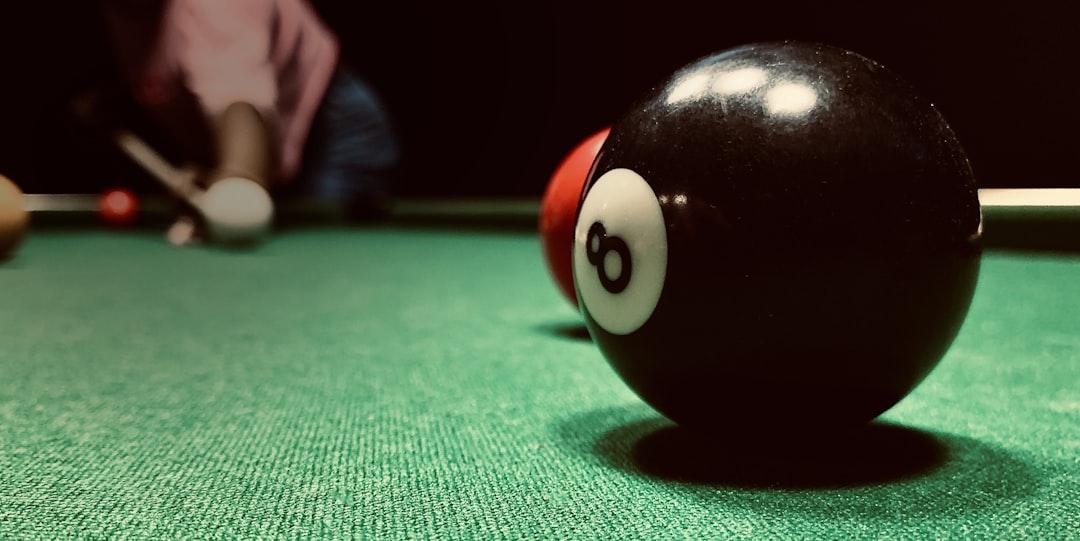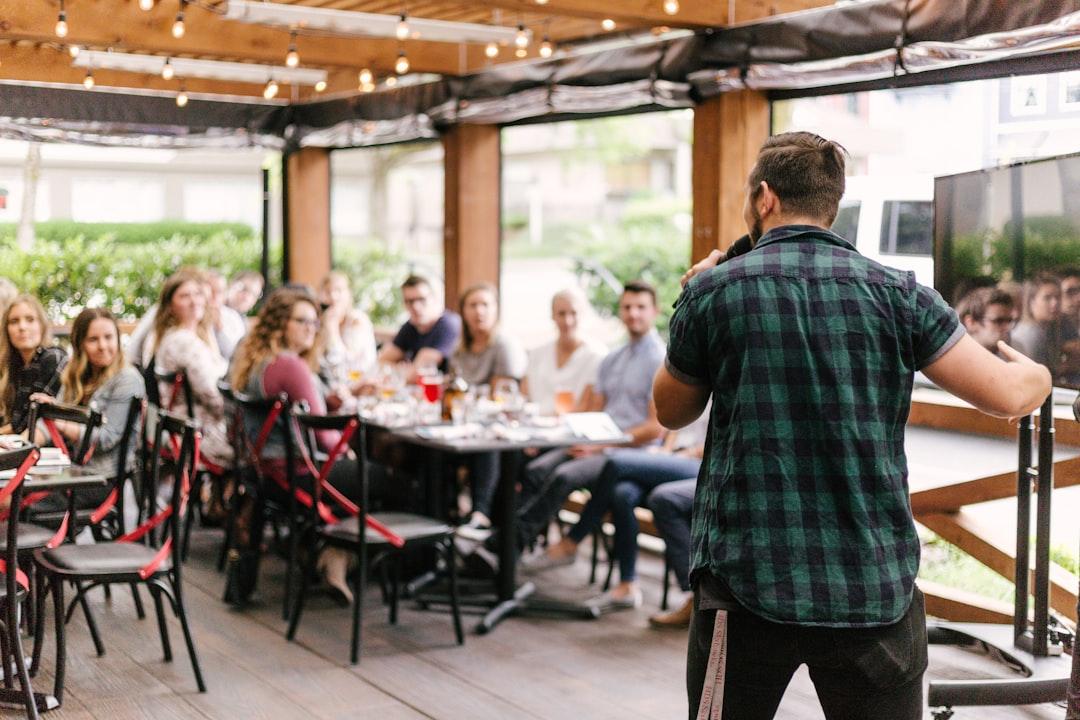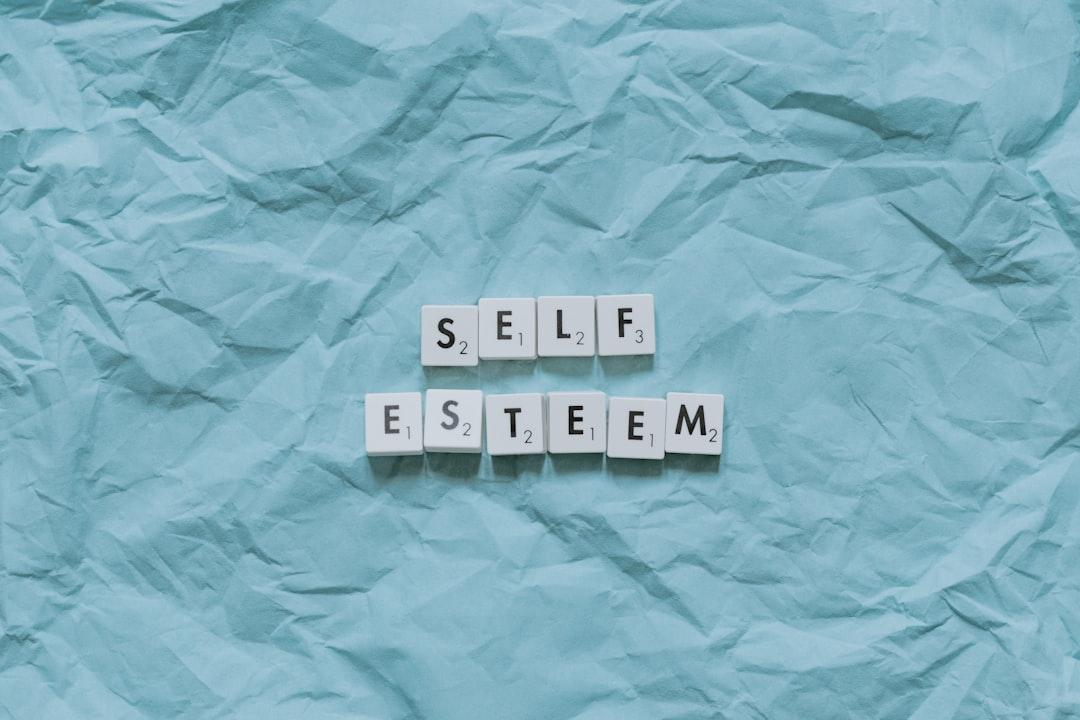The Power of Personal Presence (Crisand, 2022)
Ideas, facts & insights covering these topics:
34 ideas
·33.4K reads
84
2
Explore the World's Best Ideas
Join today and uncover 100+ curated journeys from 50+ topics. Unlock access to our mobile app with extensive features.
10 Steps To A Self-confident Appearance
- Get to know the impact fields of ego - space - people.
- Sharpen your perception of yourself and others.
- Define your desired personal impact.
- Use the power of your thoughts.
- Use your gestures in a goal-oriented way.
- Pay attention to the use of facial expressions.
- Be aware of high and low status, the status seesaw and status struggle.
- Let your voice work and use your linguistic skills.
- Master complex situations with different types of people using the four modes of action of rank, status, power and self-worth.
- Use your impact in the room.
382
3.65K reads
Dealing With Embarrassing Moments
In moments you have embarrassed yourself, you have three options:
- Ignore it and hope the people around you forget about it (which is usually not the case).
- Explain yourself and give reasons to why you behaved the way you did (this often makes things more uncomfortable).
- Excuse yourself with a relaxed statement (with that you don’t leave the other person with negative feelings that tend to be remembered longer. Now the feelings are cleared and they will forget about it)
Take yourself a little less serious as the people around you do.
327
2.53K reads
The Outside Vs. The Inside
The outside is the way you look, behave and act, while the inside is how you feel and what you think. People only see what’s outside.
When changing the outside without changing the inside, your body language comes off as inauthentic, exaggerated and anything but confident. Unfortunately, this is what most body language books will tell you.
It is better to change your internal state, as it will automatically reflect in your body language and behaviour.
341
2.24K reads
Three Impact Fields
- Ego: The persons that behaves (= you).
- Room: The place of the interaction.
- People: The people influenced by you.
These three fields can all be perceived by yourself and by other people. And they can all be influenced by you but they can also influence you (and the same with the people around you).
As these three interact with each other, it is important to pay attention to all of them when wanting to change your impression.
317
1.87K reads
Things To Consider
- We are always communicating. You might know the famous quote by Paul Watzlawick: “One cannot not communicate”.
- When interpreting body language, consider the entire context: Someone might cross their arms because they can’t put them on the armrest and not because they aren’t confident.
- Everything is interaction. You influence the people around you and they influence you.
- There is no right or wrong, no good or bad. In order to evaluate the impression you make, you have to set a goal. And with that goal, an impression can only be according to your goal or not.
317
1.67K reads
Self-awareness
Self-awareness is the key to knowing what impression you leave on other people and how to improve your interactions with them. You can achieve self-awareness through reflection. Meditate on your internal state on a daily basis and feel your body through body scan exercises. Only eat when you feel hungry, feel your heartbeat, look at your environment, notice your current behaviour etc.
324
1.42K reads
Observing Others
This is also essential when wanting to manage your own impression: Recognizing what the other person is doing and maybe thinking and feeling.
You can improve your awareness of others by doing some simple exercises:
- Pay attention to all of your five senses: What do you see, hear, smell, taste and feel?
- Look at someone and only perceive what they are doing, how they are doing it, their body language and their facial expressions. After that interpret your observations. Then, you can ask yourself how you feel about that.
320
1.25K reads
The Island Model (Vera F. Birkenbihl)
According to the island model, everyone lives on their own island.
- Your island = the past: Your experiences, morals/values, knowledge/education, talents/skills, personality.
- Your backpack = hidden things you carry along with you: Traumas, pain, emotional issues.
- Waves hitting the island = the present moment: The situation at home, with your friends, at work, weather, time, country.
- Direction in which the island grows = your future: What you are aiming for, your goals and aspirations, beliefs and desires.
341
1.26K reads
Expanding Your Island
Just like you have your own island, so does everyone else. The closer their island is to yours, to more likely you are to understand them. Maybe your islands overlap, which means that you share the same values etc.
Your goal should be in expanding your island, so that you can understand other people better.
313
1.09K reads
Problems When Interpreting People’s Behaviour
When interacting with strangers, we only know what we can see. Our interpretations of their actions are often wrong as we don’t know the entire context.
- Assume people have good intentions and they will be more likely to behave well (self-fulfilling prophecy).
- When making attributions about people, look at the bigger picture and consider the entire context, so that you can prevent the fundamental attribution error (the tendency to attribute people’s behaviour to their personality instead of the situation).
- Remember that everyone grew up differently, so how you view the world is totally subjective.
320
1.06K reads
Using The Halo Effect
We often attribute characteristics to someone based on one single characteristic. Let’s say someone is attractive: You tend to think they are also smart, rich and live a good life even though you don’t know.
Be aware of that when dealing with people, as you might get blinded by few characteristics of them.
However, you can also use the halo effect to your advantage by dressing or behaving in a certain way.
311
1K reads
Figuring Out Your Desired Impression
As we have already seen, knowing how you view yourself and how others perceive you is important. After figuring these out, you can think about how you actually want to be perceived by others and the necessary steps you need to take in order to achieve that.
Example: You are a shy person (self-awareness) and others perceive you as insecure (other’s perception) but you want to be perceived as open and confident (desired impression), so you should be smiling, approaching them... (steps to take).
313
882 reads
The Hot Person
... is the person you want to impress with your behaviour. This could be a guy at a party, your boss or someone else.
Around the hot person, you tend to act “weird” and somewhat inauthentic to impress them, for instance you could be laughing louder so that they think you are having a funny conversation with someone else.
This behaviour is weird to the people around you that are not the hot person, as your behaviour will immediately shift back to normal once the hot person is gone.
307
918 reads
Overriding And Subordinate Objectives
There are two types of objectives people aim for:
- Overriding objectives are things you are mostly unaware of, desires stored in your unconscious mind. They mostly drive your behaviour without you even realising, such as appreciation or love. They are also the reason why you tend to “act out of character”.
- Subordinate desires are “smaller” goals of yours, such as success, being liked or making friends. They help you with achieving your overriding goals.
306
838 reads
Analysing Behaviour
When analysing behaviour, pay attention to these five things:
- Frequency: How often the behaviour occurs.
- Order: In which order the behaviour occurs.
- Amplitude: How big the behaviour is.
- Speed: How fast the behaviour is performed.
- Goal-orientation: Whether the behaviour has a specific goal or is rather uncontrolled.
311
817 reads
Interpreting Body Language
When it comes to interpreting body language, I recommend trusting your intuition as you will unconsciously pick up subtle changes and micro expressions which you might not be able to explain rationally.
In the book, there are a few body language moves interpreted which I cannot summarise in one idea. However, you will quickly notice there are certain patterns that can easily be applied to basically any behaviour. I explained them in my summary of “What every BODY is saying” by Joe Navarro. It is also linked at the end of this post so that you can continue reading in peace. :)
306
690 reads
Types Of Gestures (P. Ekman, W. V. Friesen)
- Illustrators: Gestures to illustrate something, e.g. creating a little space between your hands to illustrate closeness.
- Emblems: Gestures with a certain meaning in a culture e.g. shaking your head, pointing in a direction, counting with fingers.
- Adaptors: Behaviour that is learned in childhood through imitation, e.g. putting your hand in front of your mouth when speaking.
- Regulators: Conscious behaviour to control something, e.g. a policeman using his hand to indicate slower driving.
- Gestures of affect: Spontaneous gestures that can't really be controlled, e.g. stepping back when threatened.
304
688 reads
Types Of Emotions
There are three types of emotions:
- Primary emotions that show what is important to us in the moment.
- Secondary emotions which are the emotional reaction to our primary emotions.
- Instrumental emotions that are used to manipulate others.
Paul Ekman also discovered seven emotions that are seen and recognised all over the world: Anger, contempt, disgust, enjoyment, fear, sadness and surprise. They can also appear mixed together.
303
681 reads
The Role Of Other People
“Whether someone is treated as something special does not depend on the person themselves, but on the behaviour and actions of the people present.”
Just like a famous person wouldn’t be recognised if no one payed attention to them, so is your impact dependent on the people around you.
The goal should be to have a confident und sovereign presence no matter the people around you – it should come from you.
305
644 reads
High Vs. Low Status
Your status can either be high (dominant) or low (submissive) and is defined by all the things you do and don’t do such as how often you blink, your loudness, your movements and speed etc.
The two types aren't good or bad but they can both be either constructive if desired or deconstructive if undesired:
- Constructive high status: Confident, sovereign.
- Destructive high status: Arrogant, opaque.
- Constructive low status: Friendly, caring.
- Deconstructive low status : Nervous, indecisive.
305
668 reads
Status Seesaw
Your status is dependent on the situation and the people you are interacting with. One person automatically has a higher status. You can visualise this with a seesaw that is up on one side and low on the other but that can change any time.
It is best to figure out which status you and the person you are interacting with feel most comfortable in and switch or adjust the status accordingly. However, try to keep the status differences between you two as small as possible.
302
600 reads
Improving Your Voice
Often, what you say is not as important as how you say it. Our voices communicate feelings, even though we might not want it.
The reason why your voice sounds differently on audio is because when speaking, you hear yourself through your bones and the air. When listening to your voice on audio, other brain regions are active as if you listen to yourself while speaking.
Improve the sound of your voice:
- Breathe in your belly: This was our normal breathing pattern as a child but most of us have unlearned.
- Keep your entire body and your facial muscles relaxed by massaging.
- Speak tongue twisters.
306
622 reads
Using Breaks When Speaking
Using breaks when speaking helps with emphasizing your points. However, don’t just pause because you know how important breaks are as they might be more confusing than helpful. Instead, use them strategically after you said something important or use breaks just as you would use them in written texts.
303
593 reads
Finishing Sentences
Emphasize the ending of your sentences. Lower your voice after you finished it or raise it, if it is a question. Lowering your voice at the end of the question can also have a very powerful impact.
You don’t have to do this with every single sentence, however, it gives your speech power and makes you appear confident. When silencing the last few words of a sentence, you appear unsure and as if you don’t value what you say.
Reduce “yes”, “okay” etc. at the end of your sentences. They are often used because you didn’t finish the sentence correctly by raising or lowering your voice.
302
582 reads
Eliminate Filler Words
Words such as “uh” or “uhm” should be reduced as much as possible.
If you catch yourself during any other behaviour instead, try to say “uhm” a little longer as you normally would. This will give you and others time to think and can put emphasis on your words.
However, it is best to avoid them by focusing on your speech, being confident in what you have to say, using breaks and using shorter and easier sentences.
304
546 reads
How You And Others View Yourself
Have you noticed that you act differently around certain people? It might be because you want to give off a certain impression around them or fulfil their expectations (or at least those you think they have).
You are not playing only one role but many. When someone else takes to role you would normally take, you feel an inner conflict and try to reduce it by bringing the other person down, taking a different role or questioning yourself. Remember that just like you, everyone else plays a different role around other people. Remembering this will help you be more confident.
302
560 reads
Different Ranks
In an organization or in society in general, there are different ranks, for instance a politician is ranked higher than a prisoner.
People with the same rank associate more as they feel more comfortable around each other. It also common that we reach out for people who are ranked higher as we are.
It is hard and takes time to climb up the ladder but it is easy and happens quickly to fall down into lower ranks.
With a higher rank comes more power, it is easier to influence others.
302
544 reads
Status And Ranks
Ranks are different from status. Remember that someone can have a high or low status, depending on what they do in a certain situation.
Just because someone has a higher rank, doesn’t mean their status is higher in that situation. For instance, a boss appreciating the amazing performance of an employee means that the employee currently has a higher status while the boss is still ranked higher.
Using your own status consciously can help making other people feel better.
304
545 reads
Power
Power refers to skills, talents and competence. There are three dimensions of power:
- Individual vs. structural: Talents that are learned and trained (e.g. knowledge, charisma) vs. things you are born with and that are hard to change (e.g. nationality, health, age). Structural power influences individual power and is depended on the place.
- Visible from outside vs. not: You can hide or show off your individual and structural power.
- High class vs. low class: Depending on the situation, your power might bring you privileges, prejudices etc.
301
538 reads
Self-worth
Self-worth is directly linked to your status. When feeling confident in yourself and having a high sense of self-efficacy, your status will automatically increase.
Raising other people’s confidence is not only beneficial for them but also for you! Remember that the actual outcome is not always what you intended – put yourself in the other’s shoes. Beware self-fulfilling prophecies and also keep in mind that self-worth can be destroyed within seconds but takes ages to build. The closer you are to someone, the more their self-worth is dependent on you.
304
533 reads
Interrupting Someone
Sometimes it is necessary to interrupt someone as they might be a very talkactive person that never stops talking.
- Show appreciation and say something positive.
- Take something the other person said and talk positive about it.
- Use a bridging sentence to control the conversation in your desired direction.
- Don’t let yourself be interrupted and at the end, ask a question back. It can happen that both of you speak at the same time. Continue speaking confidently yet friendly.
305
501 reads
Your Presence In A Room
- Imagine a 90° angle in front of you. Make sure that the people you want to influence are in that 90° field.
- To reach everyone in the audience, even the people in the back, you don’t necessarily have to speak louder. Increase your presence by imagining yourself as a big lamp that can shine with only one body part or the entire body. You can also use this as a visualisation exercise.
- The barkeeper-effect: Interact with your environment (people and objects) naturally as if you would do so daily. This will appear professional.
- Get to know the room by looking at it from different angles.
309
490 reads
Entering A Room
Give the door as little attention as possible and instead focus on the people in the room. This includes not looking at the door but facing the room. Again, imagine you did this every day. You can open the door with one hand and close it with the other without having to turn your body.
Now, after you had a little time to observe the room, walk in confidently. If you still don’t know where to go, take a few slow steps until you know where to go. Remember the popular quote “walk in as if god sent you”.
310
462 reads
Deepening Your Learning
When it comes to body language, practice is essential. Only by observing closely and taking time to reflect you can truly understand human behaviour. This applies to both understanding behaviour of others and your own – and using it to your advantage.
As already mentioned, I recommend reading “What every BODY is saying” by Joe Navarro. But any book of his or his YouTube channel can be helpful.
You might also like this: Appearing confident with tips from Vanessa Van Edwards.
308
461 reads
IDEAS CURATED BY
CURATOR'S NOTE
This is a summary of the German book "Die Power der persönlichen Präsenz" by actor and psychologist Benedikt Crisand.
“
Similar ideas
10 ideas
4 ideas
Speak With Executive Presence
Public Speaking Advantage
Read & Learn
20x Faster
without
deepstash
with
deepstash
with
deepstash
Personalized microlearning
—
100+ Learning Journeys
—
Access to 200,000+ ideas
—
Access to the mobile app
—
Unlimited idea saving
—
—
Unlimited history
—
—
Unlimited listening to ideas
—
—
Downloading & offline access
—
—
Supercharge your mind with one idea per day
Enter your email and spend 1 minute every day to learn something new.
I agree to receive email updates


































